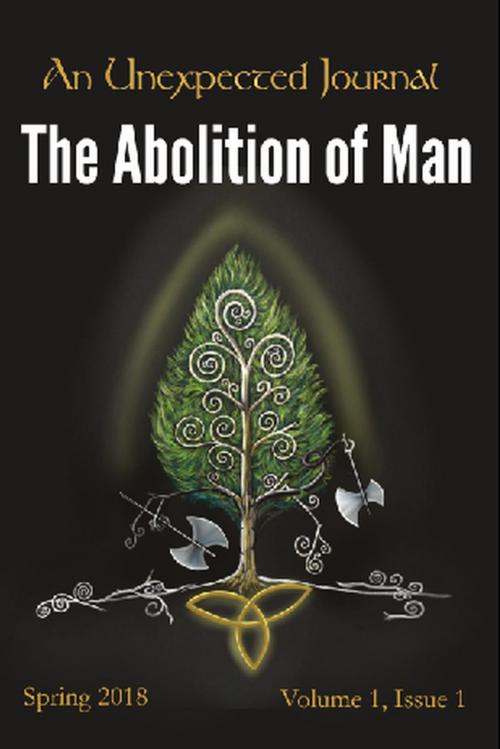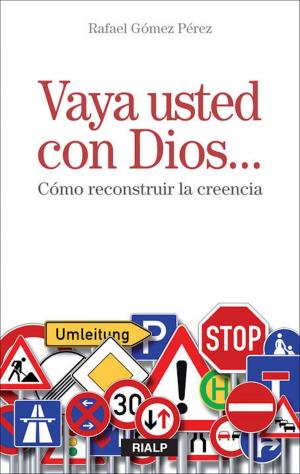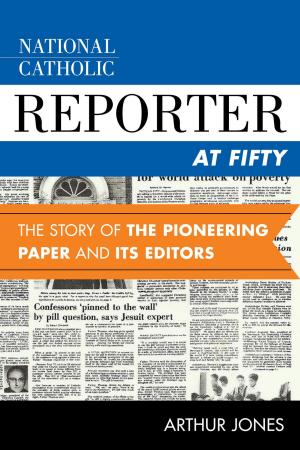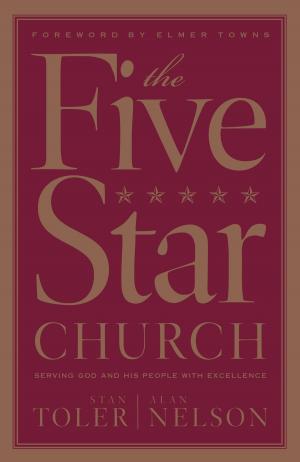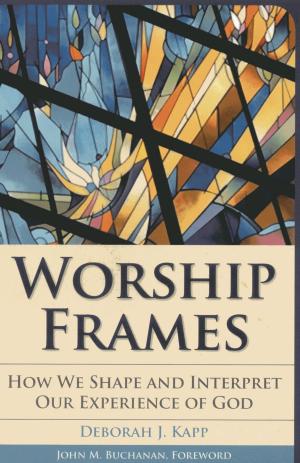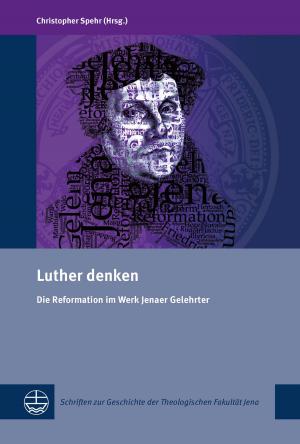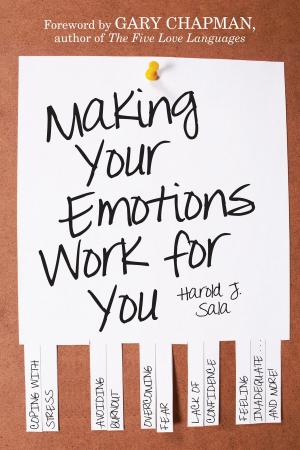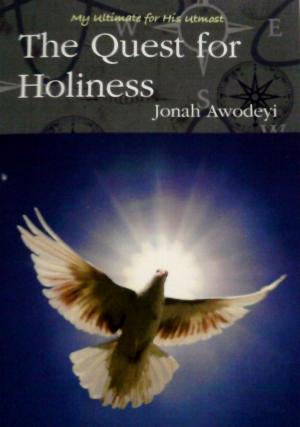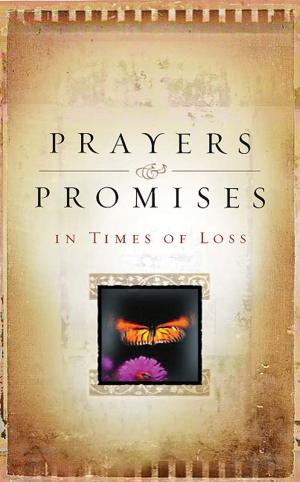An Unexpected Journal: Thoughts on "The Abolition of Man"
Volume 1
Fiction & Literature, Essays & Letters, Essays, Anthologies, Nonfiction, Religion & Spirituality, Christianity| Author: | An Unexpected Journal, C. M. Alvarez, Annie Crawford, Karise Gililland, Seth Meyers, Edward A. W. Stengel, Rebekah Valerius, Hannah Zarr | ISBN: | 9781386614432 |
| Publisher: | An Unexpected Journal | Publication: | April 2, 2018 |
| Imprint: | Language: | English |
| Author: | An Unexpected Journal, C. M. Alvarez, Annie Crawford, Karise Gililland, Seth Meyers, Edward A. W. Stengel, Rebekah Valerius, Hannah Zarr |
| ISBN: | 9781386614432 |
| Publisher: | An Unexpected Journal |
| Publication: | April 2, 2018 |
| Imprint: | |
| Language: | English |
The Abolition of Man is a masterful commentary on objective truth and the dangers of relativism by the British scholar and apologist, C. S. Lewis. Composed in the middle of a world wracked by war and threatened by totalitarianism during the mid-twentieth century, Lewis warned against the ideologies leading to destruction which he saw creeping into his own society.
Lewis' warnings are particularly salient today. This collection of essays explores the truth Lewis offers and its applications in the current day.
CONTRIBUTORS
C. M. Alvarez: "From The Green Book to The River: Lewis, Relativism, and Constructivism in Education." An essay illustrating the shortcomings of constructivism through Lewis' reflections in The Abolition of Man and "The River" by Flannery O'Connor.
Annie Crawford: "Searching the Stars." A reflection on the modern difference between quality and quantity.
Karise Gililland: "Dragons in Our 'Darkest Hours:' Slaying All Day the Lewis Way" on combating the dragon of sexual exploitation.
Seth Myers: "Lewis Among the Ancients and Moderns" and "The Abolition of Man as Sci-Fi: C. S. Lewis' Space Trilogy"
Annie Nardone: "Creation," A poem on the majesty of the cosmos.
Zak Schmoll: "The Separation of Narnia and Tao." A commentary on the destruction of objective truth in The Last Battle of The Chronicles of Narnia.
Edward A. W. Stengel: "Will These Hands Ne'er be Clean? C. S. Lewis and the Apologetic Response to the themes of Macbeth" and the reality of human evil.
Rebekah Valerius: The Abolition of Students and the consequences of naturalism on campus.
Hannah Zarr: "The Death of Freedom" and the insuffiency of Nietzsche's innovation.
Volume 1, Issue 1, Spring 2018
154 pages.
The Abolition of Man is a masterful commentary on objective truth and the dangers of relativism by the British scholar and apologist, C. S. Lewis. Composed in the middle of a world wracked by war and threatened by totalitarianism during the mid-twentieth century, Lewis warned against the ideologies leading to destruction which he saw creeping into his own society.
Lewis' warnings are particularly salient today. This collection of essays explores the truth Lewis offers and its applications in the current day.
CONTRIBUTORS
C. M. Alvarez: "From The Green Book to The River: Lewis, Relativism, and Constructivism in Education." An essay illustrating the shortcomings of constructivism through Lewis' reflections in The Abolition of Man and "The River" by Flannery O'Connor.
Annie Crawford: "Searching the Stars." A reflection on the modern difference between quality and quantity.
Karise Gililland: "Dragons in Our 'Darkest Hours:' Slaying All Day the Lewis Way" on combating the dragon of sexual exploitation.
Seth Myers: "Lewis Among the Ancients and Moderns" and "The Abolition of Man as Sci-Fi: C. S. Lewis' Space Trilogy"
Annie Nardone: "Creation," A poem on the majesty of the cosmos.
Zak Schmoll: "The Separation of Narnia and Tao." A commentary on the destruction of objective truth in The Last Battle of The Chronicles of Narnia.
Edward A. W. Stengel: "Will These Hands Ne'er be Clean? C. S. Lewis and the Apologetic Response to the themes of Macbeth" and the reality of human evil.
Rebekah Valerius: The Abolition of Students and the consequences of naturalism on campus.
Hannah Zarr: "The Death of Freedom" and the insuffiency of Nietzsche's innovation.
Volume 1, Issue 1, Spring 2018
154 pages.
